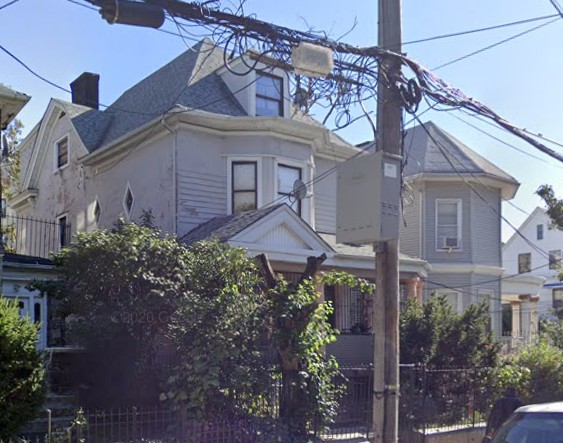
Ray Kelly’s book, “Vigilance,” is replete with misstatements, half-truths and key omissions. They start on the first page with his claim that his decision to station cops on the Brooklyn Bridge after 9/11 led Ohio terrorist Iyman Faris to abort a plot in 2002 to destroy it.
As proof, the former NYPD commissioner cites a coded message Faris sent to his al-Qaida handlers: “The weather is too hot.”
But according to a Justice Department news release at Faris’ sentencing in 2003, he said in messages the FBI intercepted that he had aborted the plot because he didn’t get “gas cutters,” which are needed to sever bridge suspension cables.
Kelly spent his NYPD tenure feuding with the feds, particularly the FBI, which may explain why he’s taken credit for stopping Faris’ plot. “I had no antagonism toward the FBI, the CIA or other federal agencies, except when they behaved imperiously,” he writes.
His tough-guy attitude inverted his priorities, making payback more important than protecting NYC. Take the case of Najibullah Zazi, the Denver-based terrorist who with two friends plotted to bomb the subway on the anniversary of 9/11 in 2009. The FBI tracked Zazi as he drove to NYC. Port Authority police searched his car for explosives at the George Washington Bridge. “[The FBI] asked the Port Authority, I am convinced, so that the NYPD would not be involved,” Kelly writes.
Without informing the FBI, the NYPD then contacted its informant, who alerted Zazi’s father, who alerted his son, conversations that were picked up on an FBI wiretap. The next day, Zazi cut short his trip. The FBI had to scramble to arrest him. Kelly scapegoated an NYPD intelligence division deputy inspector, transferring him to the trials division.
Kelly writes Zazi aborted his plan because he was stopped by the Port Authority police, and blames the FBI for leaking inaccurate information to The New York Times, which he writes forced him to do the transfer. “This is an example of how a leak put out by federal law enforcement . . . could unfairly besmirch the image of the NYPD and a police executive.”
There was no leak. The details about the informant were revealed in Justice Department documents in 2009. But since when does the NYPD commissioner transfer someone because of a supposedly inaccurate newspaper story?

























